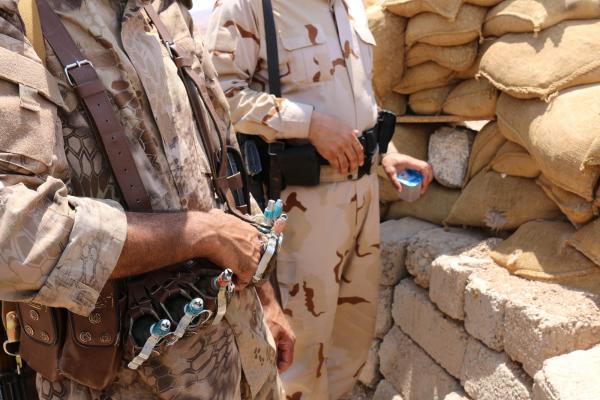Oct 18, 2016
The battle for Mosul has begun.
This is big. Mosul is big. This offensive will be really, really big. Mosul is the most populous city under ISIS control. It's their capital in Iraq.
Read the Full Article

Already a subscriber? Login
